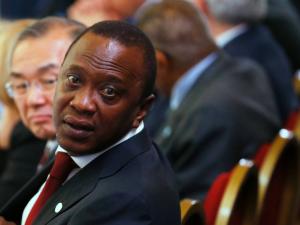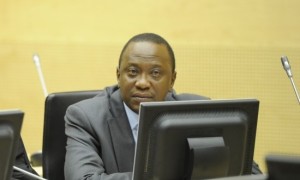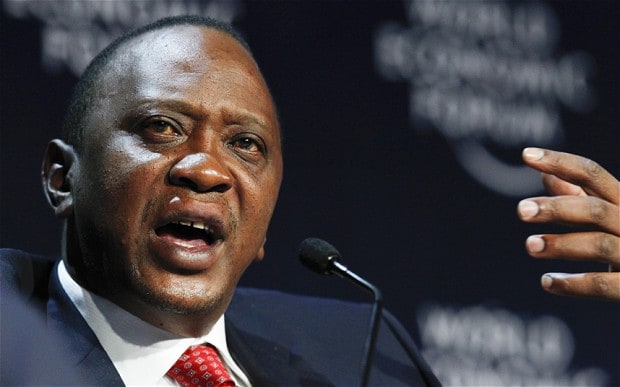by David Tolbert*
President Obama’s historic visit to Kenya came at an important crossroads for the country. While much of the attention of the press was directed at Obama’s Kenyan roots, for many, Obama’s emphasis on justice for all Kenyans is what will be remembered. This is particularly true given that Obama’s visit came four months after President Kenyatta’s official apology to, and announcement of reparations for, the many victims of the 2008 post-election violence, as recommended by Kenya’s Truth, Justice and Reconciliation Commission (TJRC).
The issue of justice, as well as endemic corruption and the stalled reform process in Kenya, will remain long after the cheers for the U.S. President have faded. President Kenyatta has, however, an opportunity in the wake of Obama’s historic visit to go beyond rhetoric and both deliver on his apology and the issues Obama has raised. Kenyatta and the Kenyan authorities should not miss this opportunity.
Kenyatta’s promising announcements require concrete steps and actions without further delay. His four-month old decision to establish a fund to provide relief to victims was followed and confirmed by the inclusion of the first tranche of resources-one billion shillings (almost $10 million U.S. dollars) in the new annual budget. Now is the time to design a comprehensive and gender-sensitive reparations program that starts with the most vulnerable victims. Opening space for the participation of victims and listening to their needs and demands must be the first step. Concurrently, an efficient and transparent administrative system and infrastructure for the program must be created. Continue reading



